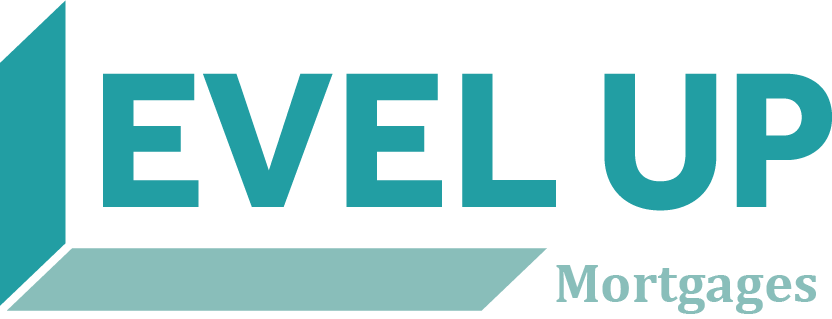Newcomers to Canada: Everything You Need to Know About Buying a Home
New to Canada? Here’s How to Get Your First Mortgage
If you’re new to Canada and want to start looking into your mortgage options, you’re in luck. Given the increasingly closed-off immigration policies in America, Canada knows that its policy to openly encourage immigration comes at an opportune moment.
There are various newcomer mortgage products and specialized lenders that have flexibility in credit history, employment history, and even on early immigration status.
Do You Qualify as a Newcomer to Canada?
To qualify as a newcomer to Canada, you must be within your first five years of living in Canada. If you want to qualify for the best traditional mortgage rates on the market that Canadian citizens also access, you must have permanent residency status.
If you are not a permanent resident, in order to apply for a traditional mortgage you will need to have already submitted an application for permanent residency. You will also need to hold a current Canadian work permit.
If you don’t hold a current Canadian work permit and have not submitted an application for permanent residency, then you will need to look at the special mortgage programs available from the three major default mortgage lenders listed in the next section.
How to Prove Credit if You Are New to Canada
If you want to obtain housing quickly and do not have 18-24 months to build up Canadian credit history the traditional way, you may show alternative credit to apply for a New to Canada mortgage. This can be done through default mortgage lenders such as:
To prove alternative credit, you’ll need various supporting documents which will depend on the lender program you choose and the amount of your down payment. A combination of the below documents is typically required. Note that you may not need all of these documents depending on your unique circumstances, so make sure to consider working with a mortgage broker who can guide you through this.
Proof of income proven with your employment contract or pay stubs.
A valid work permit or verification of landed immigrant status.
Bank statements from a minimum of 3 months, proving the amount of the down payment available for your property.
A letter of reference from any financial institution.
Rental payment history for the past 12 months OR at least 3 months of working with a local employer
Billing statements for the past 12 months (for hydro/utilities, telephone, cell phone, or auto insurance) OR payment confirmation via a letter from the service provider.
An international credit report demonstrating a strong credit profile.
What Are Your Down Payment Options if You’re New to Canada?
Proving alternative credit may assist you in accessing a mortgage with as low as a 5% down payment for permanent residents (and 10% for non-permanent residents). This is exactly what any long-term Canadian citizen is eligible for and you can be on the same playing field.
If you deposit less than 20% down on your property, you must also buy Mortgage Default Insurance and adhere to your provider’s rules. Typically, you need to have established Canadian credit to purchase insurance, but an exception can be made when you prove alternative credit.
What Will Your Down Payment Amount Be?
If you’re buying a home that costs up to $500,000, 5% is the required down payment (and 10% for non-permanent residents) for the first $500,000 dollars. For any amount above that, 10% must be deposited, regardless of your residency status.
For example, let’s say you’re a permanent resident and apply for a $750,000 mortgage. You would be looking at ($500,000*5% + $250,000*10%), which would total a $50,000 down payment.
What if You Can’t Prove Alternative Credit or Proof of Employment in Canada?
If you cannot prove that you have alternative credit, a current job, or have a work permit, the minimum deposit needs to be 35%. A percentage of this may be gifted, but the money needs to have been in Canada for at least 30 days for it to be accepted.
Alternative Mortgage Lenders (B Lenders and Private Lending)
If A Lending isn’t an option for you today, there are various lenders that charge a little more but can be more flexible with newcomers.
With B Lenders, you will pay between 4%-9% interest. Private Lenders, it will range from 7%-18% with interest-only loans.
Private mortgages are short-term, interest-only loans, which range from 1 to 3 years. Interest-only requires interest payments each month as also needing to pay some of the principal would be cost-prohibitive.
Despite higher rates, both can be a great way to access homeownership early. This can give you time to build up credit and shortly after, move your debts over to an A Lender.
THE BOTTOM LINE
There are a lot more home financing options for newcomers than you might think. The key is to work with a mortgage broker to understand which program you work best under— and which documents, lenders, and down payment options are best suited for your unique situation.

